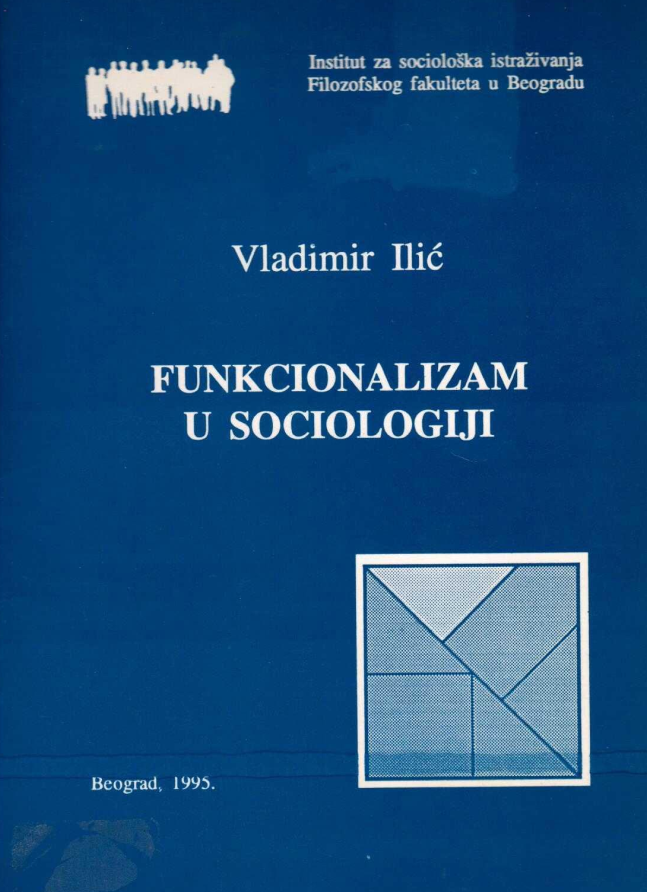
The main goal of the book is to explore the characteristics of sociological functionalism from the perspective of the history of sociology, epistemology, sociological theory and methodology. The first chapter discusses the historical origins of functionalism, thinkers from the positivist tradition who contributed to its founding and development, about the presence of functional analysis in writings of classical sociologists such as Marx and Weber. In the second chapter epistemological problems of functional analysis are reviewed, as well as the different positions of authors who wrote about functionalism’s heuristic value. In the third chapter the fundamental conceptual and theoretical building blocks of functionalism are analyzed, along with modern critiques of functional analysis. The fourth and fifth chapters are devoted to the writings of Merton and Sztompka who, through a critical analysis of earlier deficiencies of functionalism, sought to create a more advanced functional analysis. In the sixth chapter examining the weaknesses and benefits of functionalism, the author concludes that while the recent codification of functional analysis has increased its heuristic value, the ideological and conceptual basis of functionalism originating in 19th century positivism still limits its explanatory capacities.

